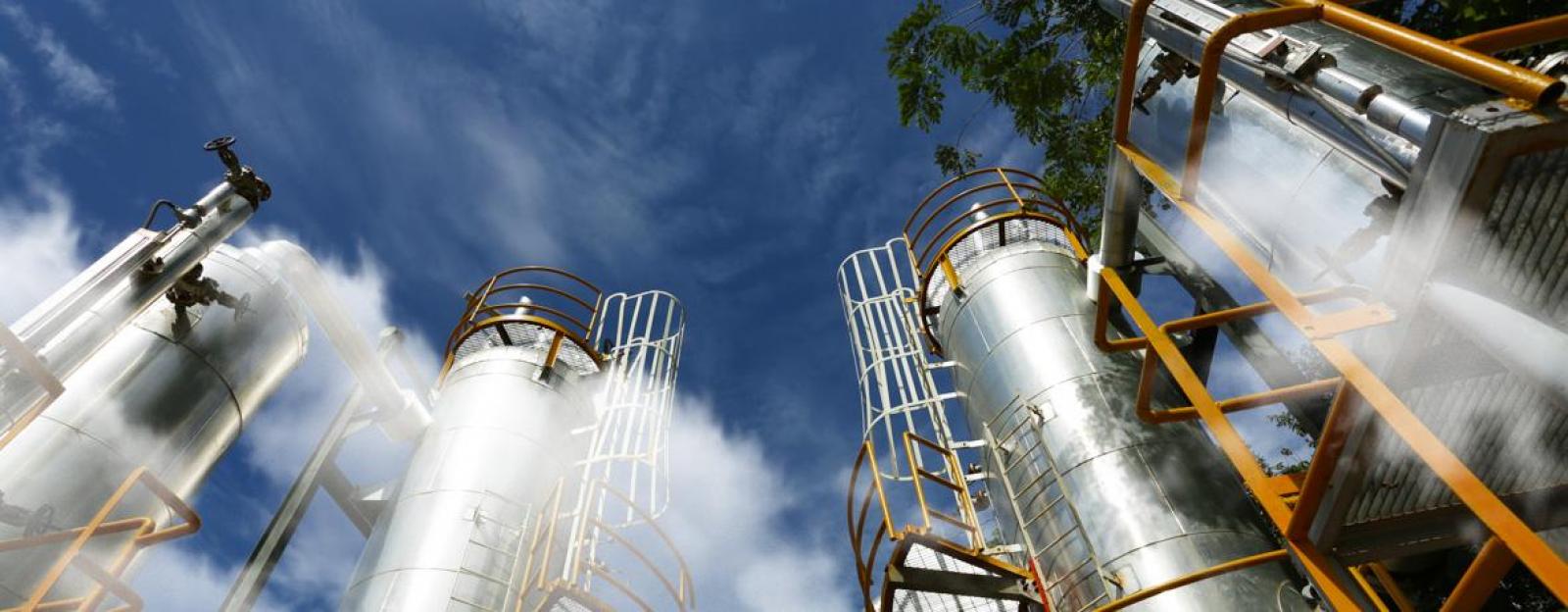By David Shepardson
WASHINGTON (Reuters) -Boeing on Wednesday provided U.S. regulators with the names of employees on its 737 MAX door team after lawmakers and a federal safety official sharply criticized the planemaker\'s failure to do so at a Senate hearing.
National Transportation Safety Board Chair Jennifer Homendy had said earlier on Wednesday that Boeing (NYSE:BA) had failed to supply the employee names and some key records sought in the agency\'s ongoing investigation into the Jan. 5 Alaska Airlines 737 MAX 9 mid-air cabin door plug emergency.
Homendy said at the Senate Commerce Committee hearing that investigators sought the names of the 25 people who work on door plugs at a Boeing facility in Renton, Washington, and had begun a week of interviews on Sunday. \"It is absurd that two months later we don\'t have it,\" she said.
Boeing said on Wednesday that soon after the incident it had provided the NTSB with the names of some of its employees, including door specialists it believed would have relevant information.
After Homendy\'s comments on Wednesday, Boeing provided the employee list, a NTSB spokesperson said, saying the agency received the names around 2 p.m. ET (1900 GMT).
\"We have now provided the full list of individuals on the 737 door team, in response to a recent request,\" the planemaker said in a statement, adding, \"if the door plug removal was undocumented there would be no documentation to share. We will continue to cooperate fully and transparently with the NTSB’s investigation.”
Before Boeing issued its statement on Wednesday, Senate Commerce Committee Chair Maria Cantwell fired off a letter to the company\'s CEO, Dave Calhoun, telling him to give the NTSB those employee names within 48 hours. Cantwell on Wednesday reiterated she plans to call Calhoun to testify at a future hearing.
\"It\'s beyond disappointing,\" Cantwell said. \"We have an entire economy that depends on people getting this right.\"
SEEKING MORE INFORMATION
Homendy said the NTSB had sought documentation related to opening and closing of the door plug and removal of key bolts that were missing and requested documentation related to the door plug \"numerous times over the past few months.\" She also said the NTSB has been unable to interview the manager of the door team who has been out on medical leave.
A spokesperson for Homendy said she stands by her testimony.
Separately, she told Reuters the NTSB plans to hold a multiple-day investigative hearing into the MAX 9, likely in late summer, which will include testimony from staff at Boeing and fuselage manufacturer Spirit AeroSystems (NYSE:SPR).
Homendy confirmed that inspections of all other MAX 9 planes in service found no other missing bolts.
The planemaker has scrambled to explain and strengthen safety procedures since the January mid-air incident that led to the FAA grounding the MAX 9 for several weeks. The company has been the subject of increased scrutiny from regulators and airlines concerned about the quality of jet production.
Homendy said the NTSB does not know which employees removed the bolts and failed to reinstall them, she said.
\"The NTSB needs to interview the employees,\" she said. \"We are not about blame at the NTSB. This is the only way we ensure safety is to find out what happened, what was done, what was not done, what policies are in place.\"
Homendy said she was not suggesting any malfeasance on Boeing\'s part. \"What I\'m saying is we\'ve requested the information. We don\'t have the information.\"
Senator Ted Cruz, the top Republican on the Commerce Committee, called it \"utterly unacceptable\" that the NTSB was not receiving full cooperation from Boeing and asked for an update from Homendy within a week.
Homendy also confirmed that the MAX 9 door plug had moved during prior flights, citing markings on the door.
There were 154 prior flights by the Alaska Airlines MAX 9 jet before the Jan. 5 flight.
\"There were very small movements until it eventually came out,\" Homendy said, adding that testing showed \"you could see a bit of a gap towards the end\" but that it was not clear how noticeable it was.
Federal Aviation Administrator Mike Whitaker said last week Boeing must develop a comprehensive plan to address \"systemic quality-control issues\" within 90 days following an all-day meeting with Calhoun on Feb. 27.
An FAA audit of 737 production found \"non-compliance issues in Boeing’s manufacturing process control, parts handling and storage, and product control,\" the agency said Monday





